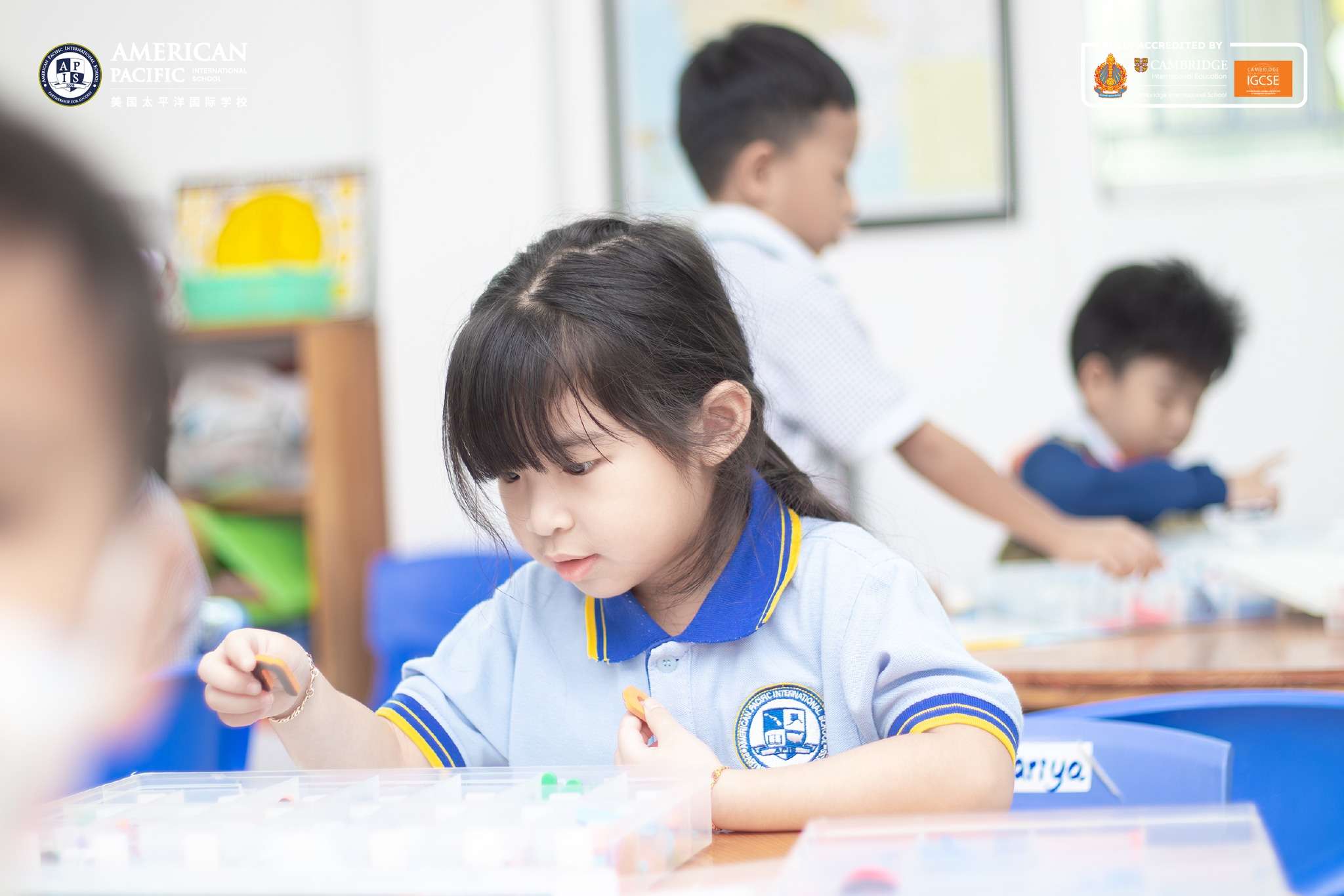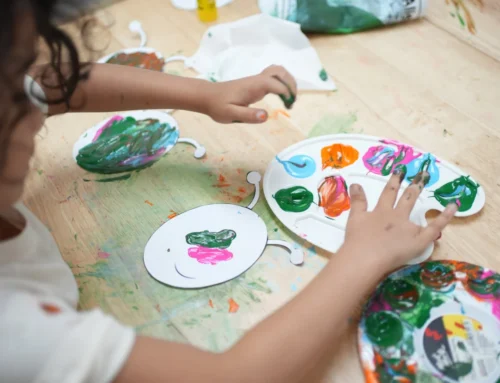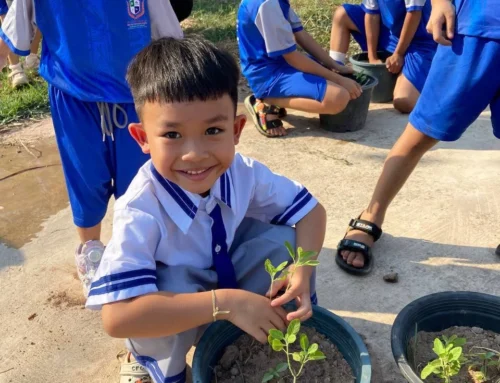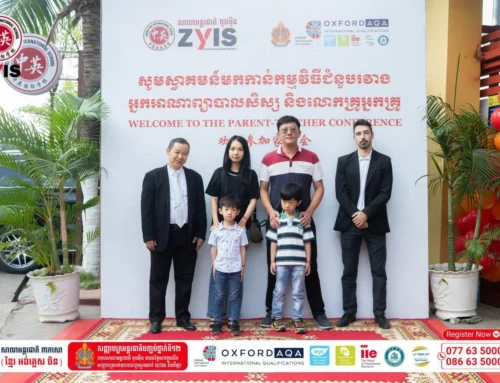The move from kindergarten to primary school is a big step for any child. In Cambodia, this transition often means adjusting to a more structured classroom, new routines, and higher academic expectations. For many families, it can be an emotional time—full of excitement, pride, and sometimes worry.
With the right preparation and support, the kindergarten to primary school transition in Cambodia can be a positive experience that builds your child’s confidence and love for learning.
Why the Transition Can Be Challenging
While kindergarten focuses on play-based and social learning, primary school introduces:
-
Longer school hours
-
Formal academic subjects
-
More structured routines
-
New classmates and teachers
-
Increased independence
Children may feel nervous, overwhelmed, or unsure of what to expect. But with guidance, they can adjust smoothly and even enjoy the process.
Signs Your Child May Need Extra Support
Some children adapt quickly, while others show signs that they need more time or help:
-
Crying or refusing to go to school
-
Difficulty following instructions or staying focused
-
Trouble making new friends
-
Frequent complaints of headaches or stomachaches
-
Regression in behavior (clinginess, tantrums)
These are common and temporary for many children, but they signal that your child needs emotional reassurance and practical tools to manage change.
Tips to Make the Transition Smoother
1. Talk About Primary School in a Positive Way
Build excitement by describing what your child can look forward to:
-
Making new friends
-
Learning to read and write
-
Trying new subjects like science or music
Use age-appropriate storybooks about starting school to help your child visualize the experience.
2. Establish a Consistent Routine
Primary school often starts earlier and runs longer. Help your child adjust by:
-
Gradually shifting sleep and wake times
-
Practicing morning routines before school begins
-
Setting regular meal and study times
Consistency at home reduces stress and builds confidence.
3. Visit the School Before the First Day
If possible, tour the school together:
-
Show your child the classroom, toilet, and playground
-
Meet the teacher or principal
-
Let them ask questions about where things are and how things work
Familiarity helps reduce anxiety on the first day.
4. Build Independence at Home
Encourage your child to:
-
Dress themselves
-
Pack their bag with your support
-
Use the toilet independently
-
Speak up when they need help
These skills make school feel less overwhelming.
5. Stay Positive but Realistic
Acknowledge that it’s normal to feel nervous. Say things like:
-
“It’s okay to feel a little scared. You’ll get used to it.”
-
“Let’s think of one thing you’re excited about today.”
Avoid saying “don’t cry” or “be brave” too quickly—empathy and patience go further.
Work With Teachers
Keep in touch with your child’s new teacher. Share information about your child’s personality, strengths, and any concerns. Ask:
-
How is my child adjusting?
-
Are there any behaviors I should watch at home?
-
What can I do to support learning outside of school?
A strong school-home connection helps your child feel supported in both places.
Celebrate Small Wins
Praise your child for getting dressed, going to school, making a new friend, or completing homework. These little victories build motivation and emotional resilience.
Starting primary school is a journey—not a single event. With patience, communication, and consistent support, your child will soon feel confident and comfortable in their new learning environment.
If the information about the school is not accurate and insufficient, Contact us.
Do you want to register your school? Click here.







